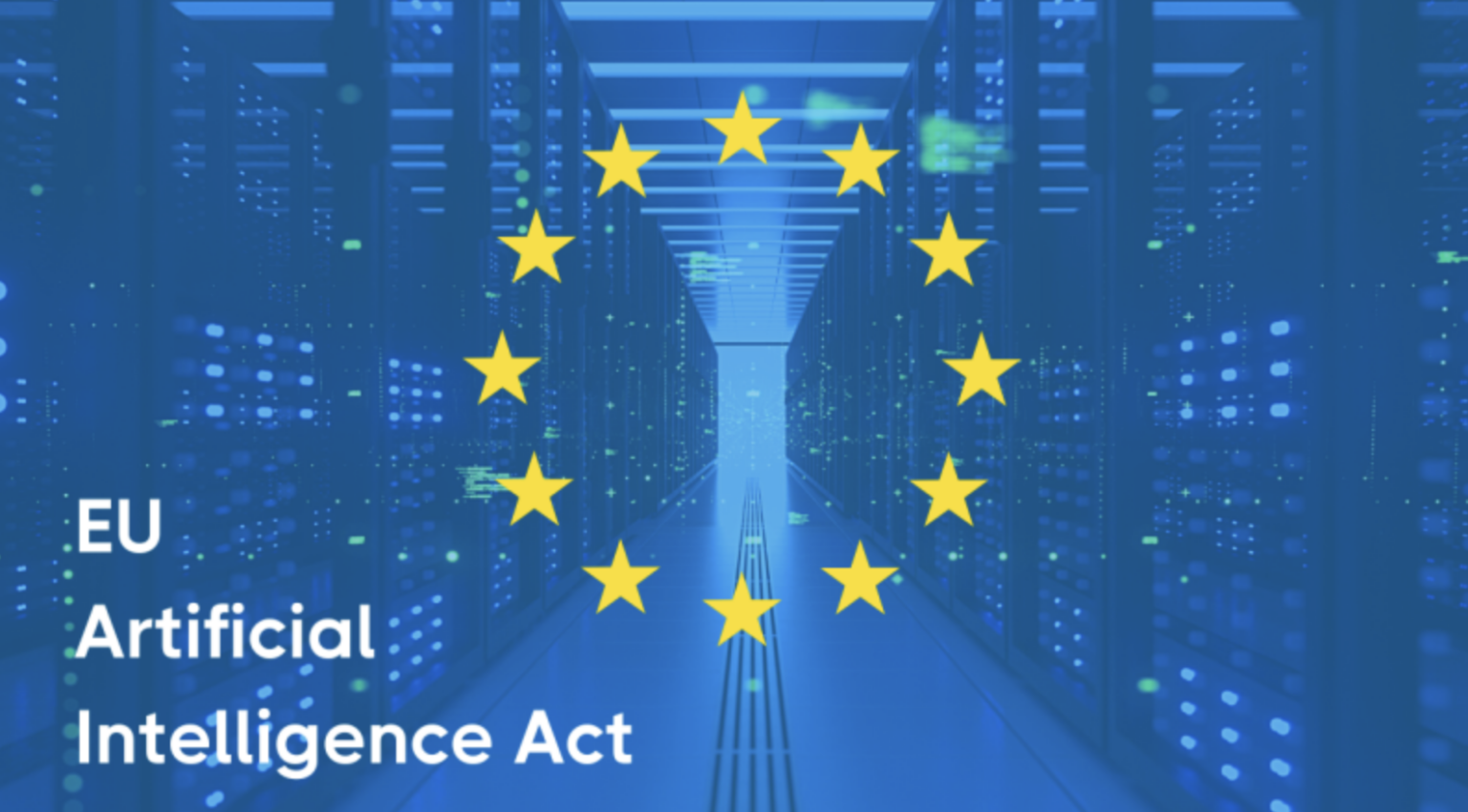The recent approval of the Artificial Intelligence Act by the European Union marks a significant milestone in the global regulation of AI technologies. This legislation, aimed at setting standards for AI usage while addressing rising concerns about privacy and ethics, could reshape how AI is developed and deployed not only in Europe but around the world.
A Paradigm Shift in AI Regulation
The AI Act introduces a framework designed to ensure AI systems are safe, transparent, and accountable. By categorizing AI applications into risk levels—from minimal to unacceptable risk—the Act seeks to mitigate potential harms associated with high-risk AI applications, including those used in biometric identification and critical infrastructure.
Global Repercussions and Industry Adjustments
The global AI community is watching closely as these regulations will require significant adjustments from tech companies, especially those operating internationally. Companies will need to ensure their AI products comply with stringent EU standards, potentially setting a precedent for other regions to follow suit.
Mixed Reactions and Industry Concerns
While many champion the Act for its potential to enhance AI safety and user trust, others argue that stringent regulations could stifle innovation and economic growth. The tech industry, in particular, has voiced concerns about the costs and feasibility of compliance, fearing it might hinder competitiveness.
The EU’s AI Act is a bold step towards comprehensive AI regulation, aiming to balance innovation with ethical considerations. As it sets a new global standard, both challenges and opportunities lie ahead for the tech industry. The Act not only underscores the need for responsible AI development but also highlights the increasing role of regulatory frameworks in shaping the future of technology.


